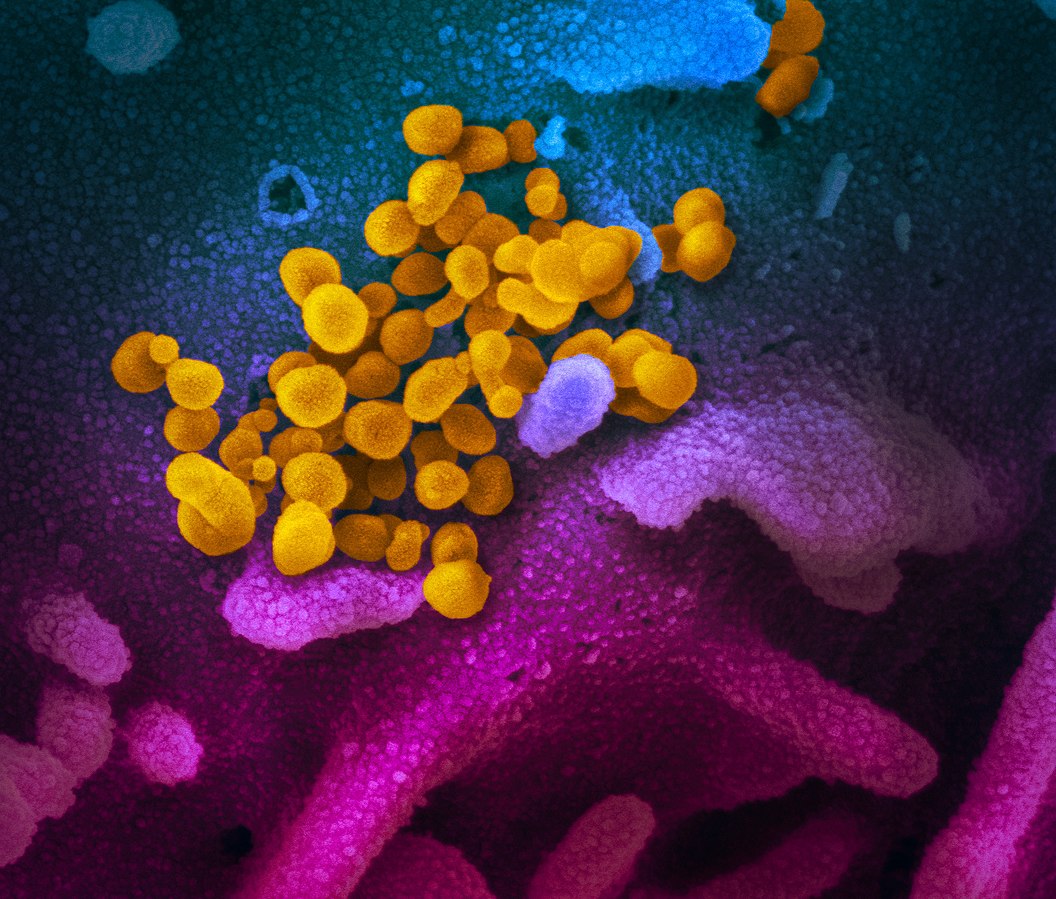GSK and Vir expand COVID-19 antibody trial after Trump's treatment with Regeneron's rival

GlaxoSmithKline and partner Vir Biotechnology are to expand a trial of an experimental antibody to treat COVID-19, putting heat on Regeneron’s rival that has been famously used to treat president Donald Trump.
GSK and Vir began trials of the antibody on early-stage COVID-19 patients in August, with the aim of preventing symptoms from progressing.
The antibody in question, VIR-7831 has already been shown to neutralise the SARS-CoV-2 live virus in the lab and in animals.
It also works against a target found on the SARS-CoV-1 coronavirus that causes SARS, and the companies hope that it will be more resistant to any mutations in the virus that causes COVID-19 over time.
An Independent Data Monitoring Committee recommended at the end of September that the trial should move into phase 3 based on a positive evaluation of safety and tolerability data from the phase 2 section of the COMET-ICE trial.
The phase 3 portion of the trial will test safety and efficacy of a single intravenous infusion of VIR-7831 or placebo in around 1,300 non-hospitalised patients, split equally between the placebo and treatment arms.
The primary efficacy endpoint is the proportion of patients who have progression of COVID-19 as defined by the need for hospitalisation or death within 29 days of randomisation.
Results from interim analyses may be available as early as the end of the year, with the primary endpoint readout expected in January 2021 or some time within the first quarter.
The COMET clinical development programme for VIR-7831 includes two additional trials – one for the treatment of hospitalised patients and another for the prevention of symptomatic infection.
Antibody treatments for COVID-19 are currently in the spotlight after it emerged that president Donald Trump received treatment with a rival cocktail from Regeneron.
The Regeneron therapy is still experimental and unproven in the clinic and is based on a cocktail of two antibodies that neutralise the virus.
Shares in Regeneron were surging earlier in the week after it emerged that Trump had received the therapy known as REGN-COV2.
Questions were also raised about Trump’s links with Regeneron – CNN cited filings with the US Office of Government Ethics showing the president had invested in Regeneron and rival Gilead in 2017, although the companies were not listed in his 2020 declaration.
Regeneron CEO Dr Leonard Schleifer is a member at Trump’s golf club in Westchester, New York and the company also received $450 million in government funding in July as part of the president’s Operation Warp Speed plan to quickly develop a vaccine and other treatments for COVID-19.
Feature image courtesy of NIH/Rocky Mountain Laboratories











